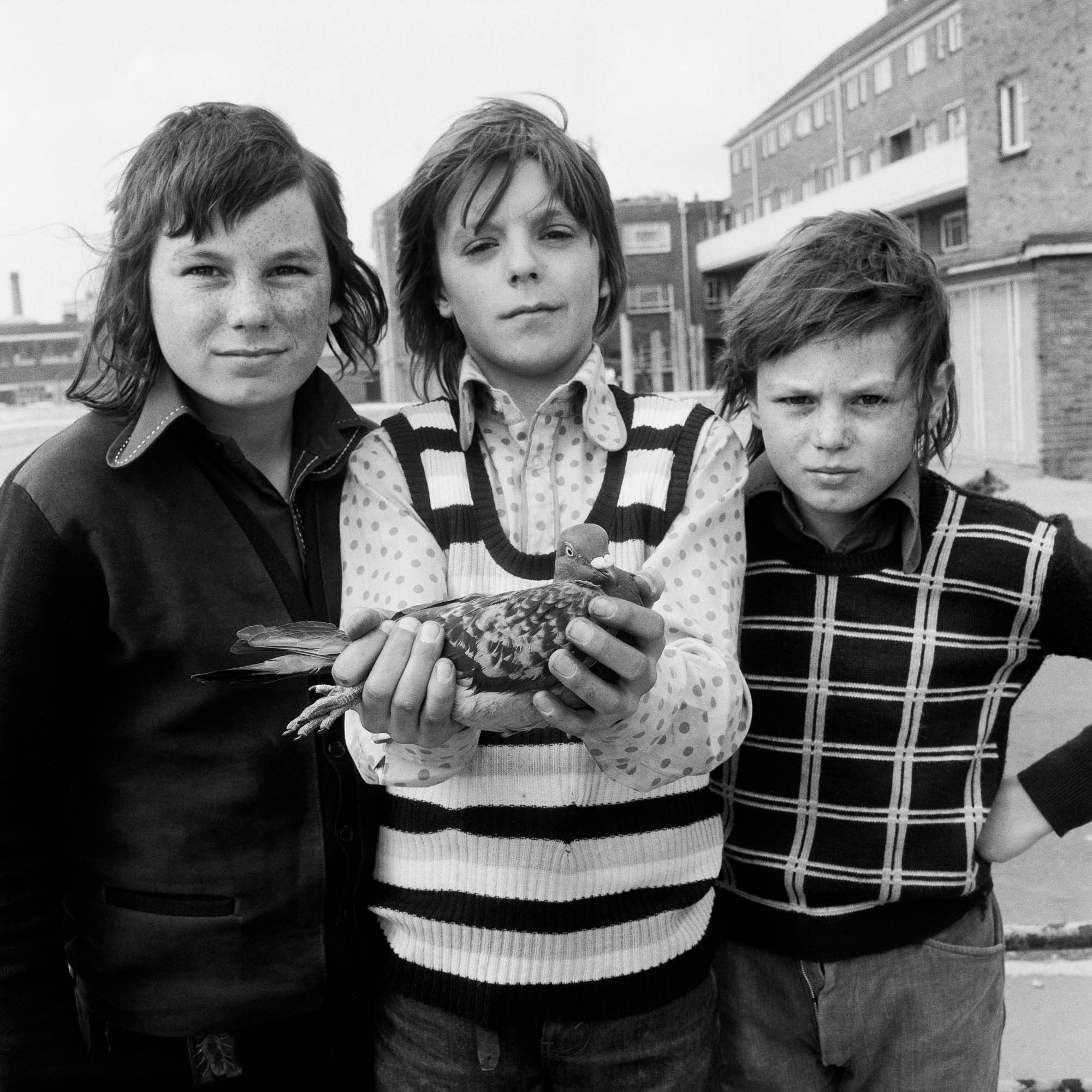John Payne, aged 11, with pigeon Chequer and friends; left Michael White, right Kalvin White, brothers, Portsmouth. Friday 26 April 1974. © Daniel Meadows
Ahead of the release of his new volume, Book of the Road, the photographer discusses his work, his inspirations and how a multiple sclerosis diagnosis led him to revisit his archive
Fifty years ago, Daniel Meadows set up the Free Photographic Omnibus. Aged 21 and driving a double-decker bus, he travelled the UK for 14 months, offering free photographic portraits. He also shot reportage guided by locals and recorded interviews and soundscapes. In 1995 he reconnected with some he had met, rephotographing them and finding out about the intervening years. Meadows published images from the Free Photographic Omnibus, firstly in Living Like This (1975), and more recently in 2019’s Now and Then. In his forthcoming publication, Book of the Road, he mixes the portraits and reportage with transcripts, archival ephemera and his diaries.
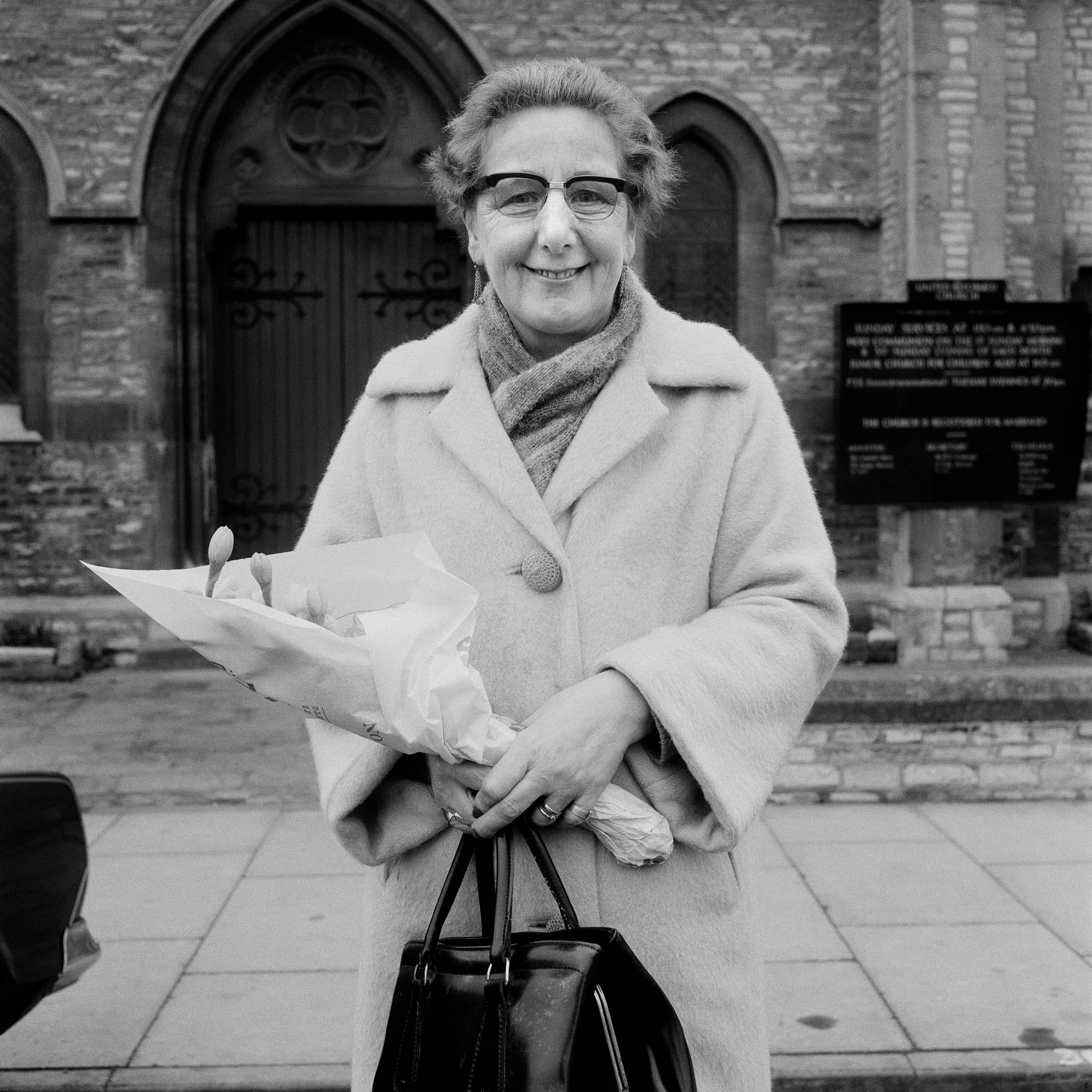
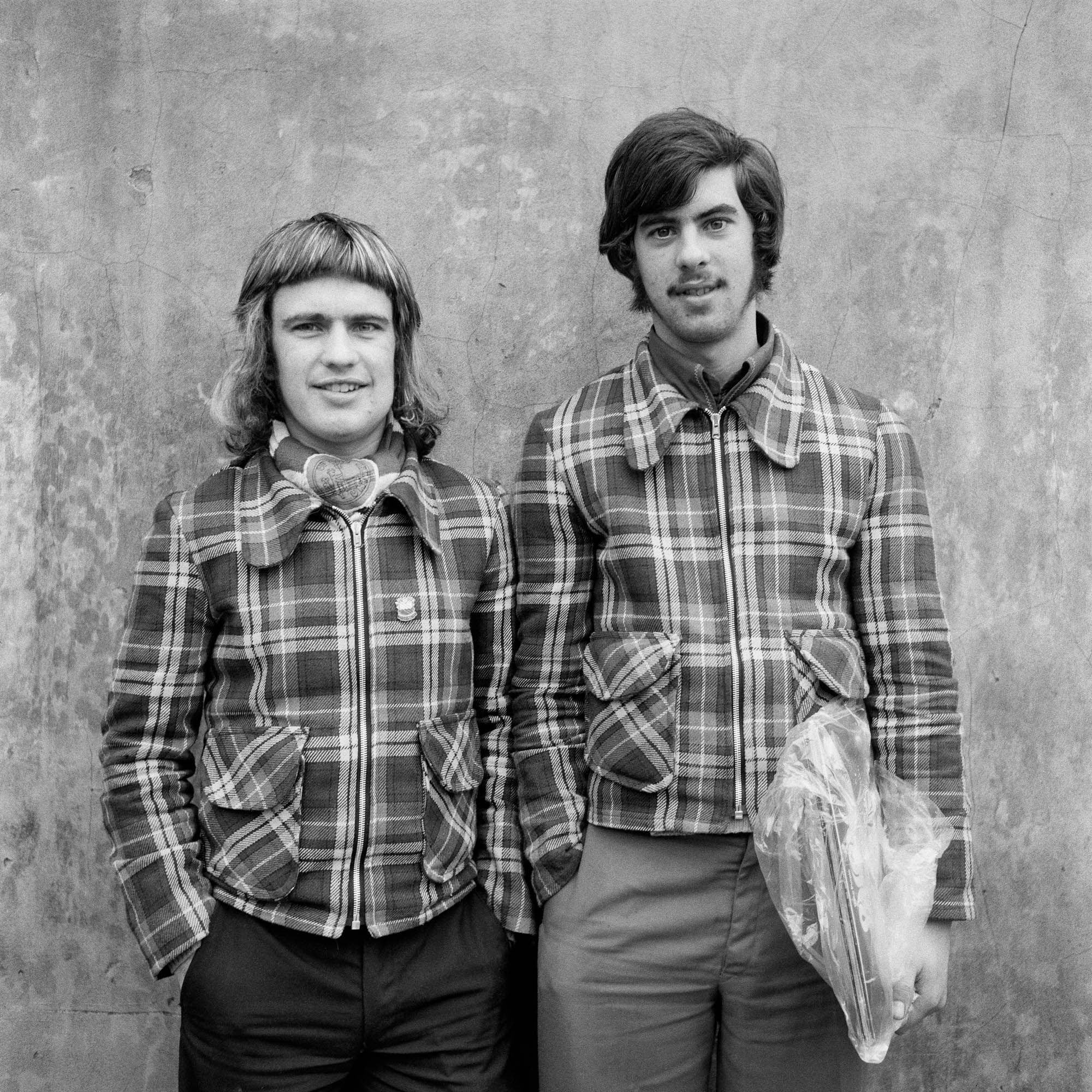
DS: How did you get the Free Photographic Omnibus up and running?
DM: These days you might call it crowdfunding. I went to Manchester’s Central Library, found directories of directors, and wrote to anyone who’d expressed an interest in art. I wrote 10 letters per day and when I’d raised £700, wrote to the Arts Council. They gave me another £750. I also worked at Butlin’s and, after a year, I had raised enough to start.
Why did you feel the project was needed? In those days people might shoot one film per year on holiday. I was a guy with professional kit saying, “Tell me what you want me to photograph, and I’ll do my best and give you the picture tomorrow”. I was idealistic, driven by the belief we’re all special and deserve to be treated as individuals. I still hold onto that view but these days, if you did what I did, people would think you entitled. Now everyone has a camera, and there’s been a democratisation of the media we could never have imagined. That’s wonderful.
DS: How did people react?
DM: Sometimes people were hostile. There were those – often older men – who were angry I was Arts Council funded, that I was wasting their tax money. But others would ask if I’d had breakfast and invite me into their homes for bacon and eggs, even when they had very little themselves. Their generosity blew me away.
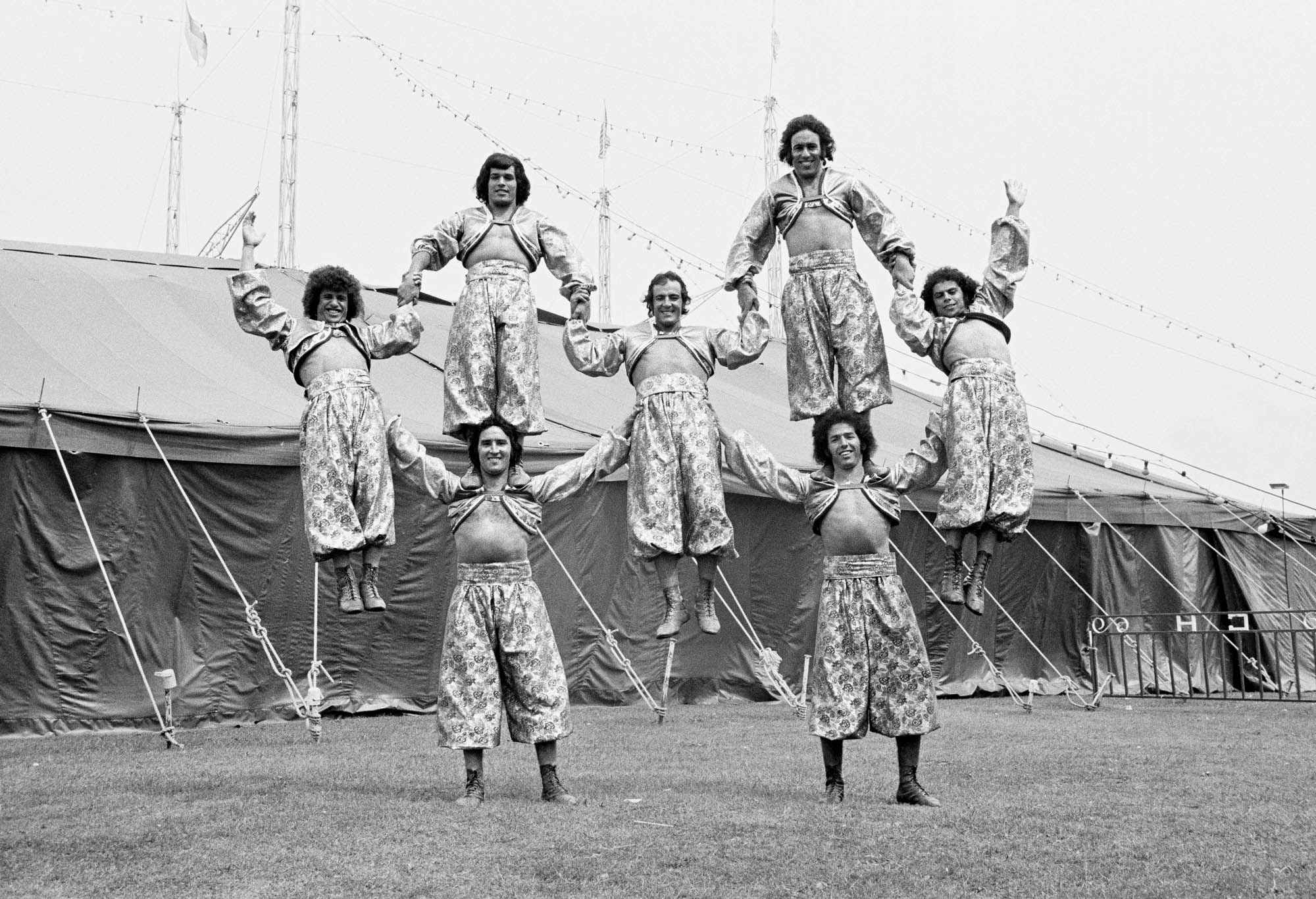
DS: Was there a power dynamic involved?
DM: Most of the people I photographed would have thought I was posh. My dad ran a country estate. I was brought up with a whole load of prejudices and have spent most of my life trying to get rid of them. I was taught that gentlemen don’t reveal their feelings, then when I was eight, I was sent to boarding school. I hated it.
DS: What was it like studying at Manchester Polytechnic?
DM: Going from boarding school to art school was terrific, and I was really lucky to have good people around me – Charlie Meacham, Peter Fraser, Brian Griffin, Martin Parr. We were this slightly misfit group, but like-minded. We filled in gaps in what we were being taught, we’d run seminar groups, get copies of Creative Camera, set each other tasks.
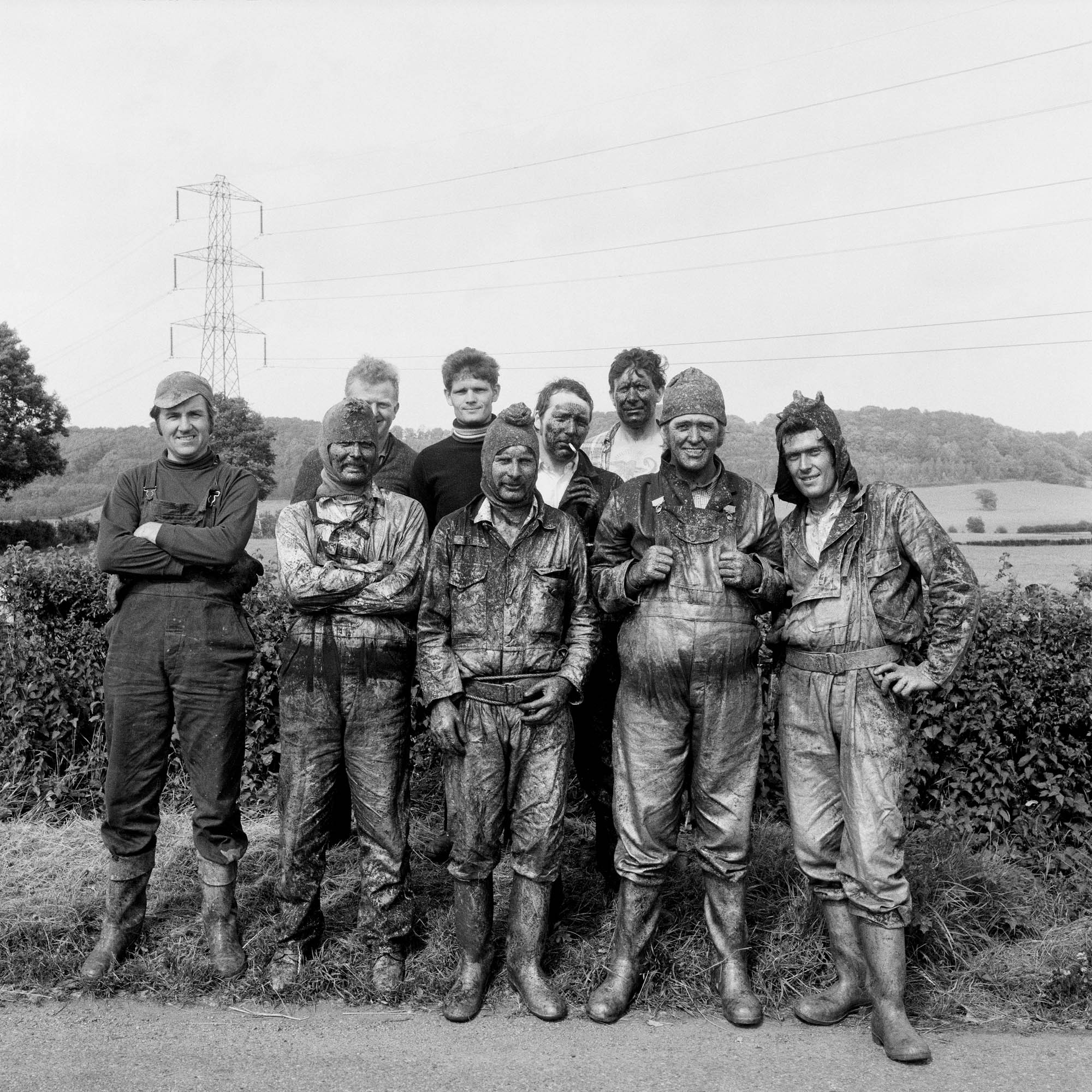
DS: Why have you revisited the bus project?
DM: A decade ago I was diagnosed with multiple sclerosis, that’s one of the reasons I was keen to get my archive sorted [it’s now held by the Bodleian Libraries]. My hand-eye coordination is all crap, I just take bad pictures now, so I don’t. Last year I realised I haven’t shown my story from the bus. I kept journals and talked into my tape recorder, making spontaneous recordings. At times I’m excited and upbeat, at others it’s raining and I’m stuck in a car park, despairing. I wanted to talk about that: the personal angst that went with the pictures.
DS: What inspires you now?
DM: I wish everyone learned media literacy in schools because this is how we communicate. We still haven’t sorted what a democratic media would look like. I used to say to students, the media is in flux because of the digital age, so we constantly have to ask what media we would like to be a part of. When I was young, I started to address engagement – I was a privileged white man, but I was trying to do something radical. So my invitation was, what will you pioneer?
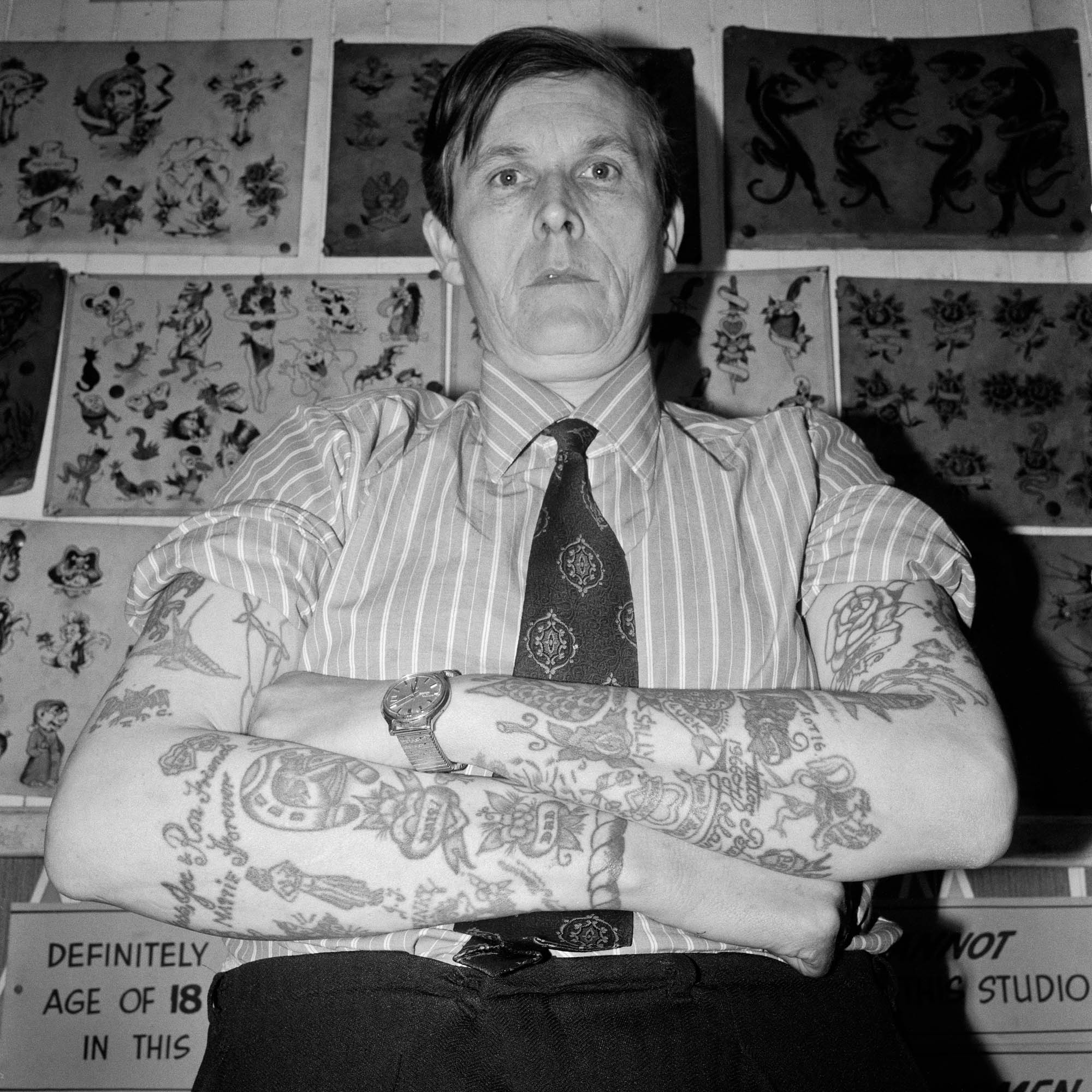
Book of the Road by Daniel Meadows by Daniel Meadows is available for pre-order now (Bluecoat Press)

